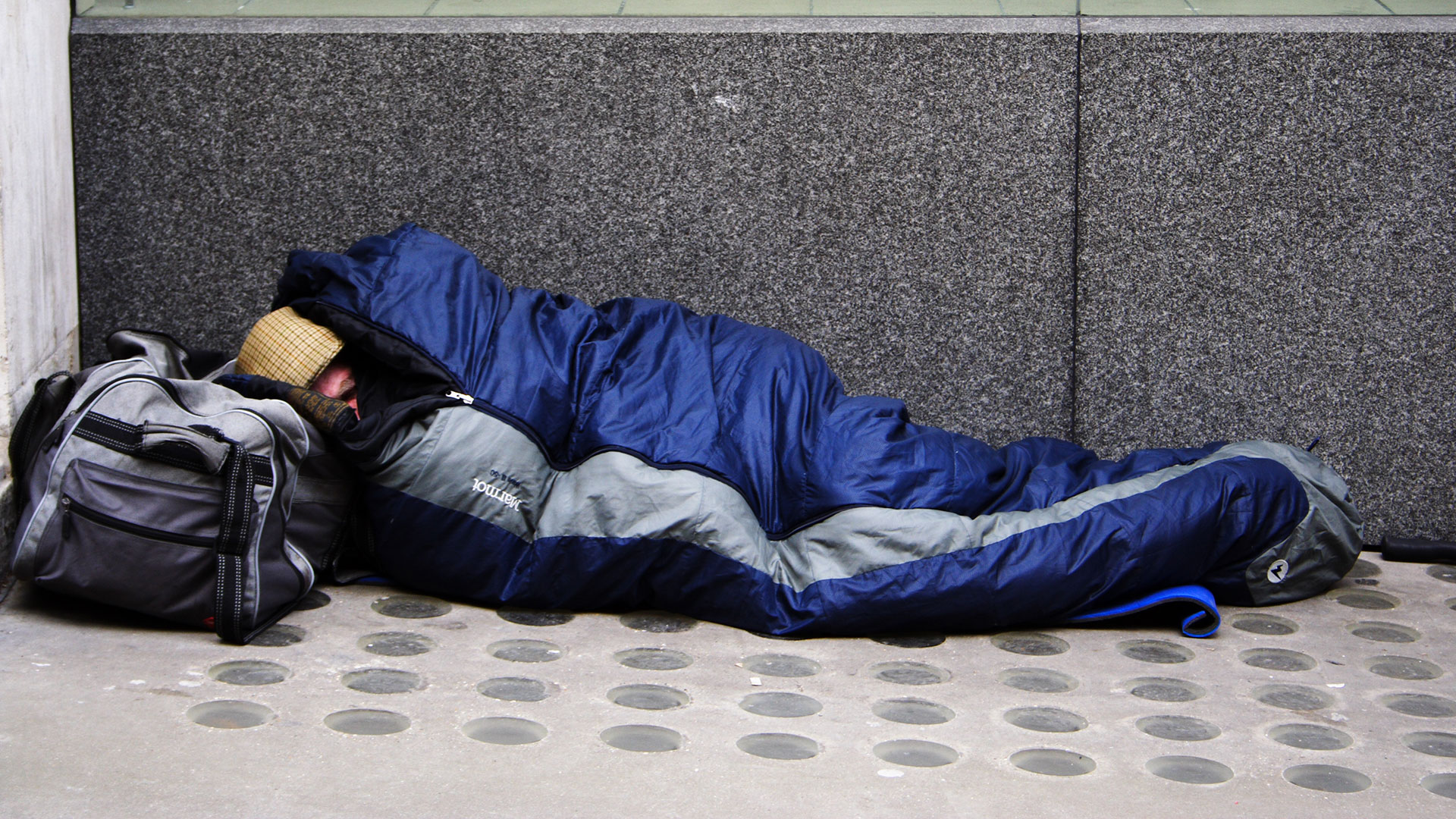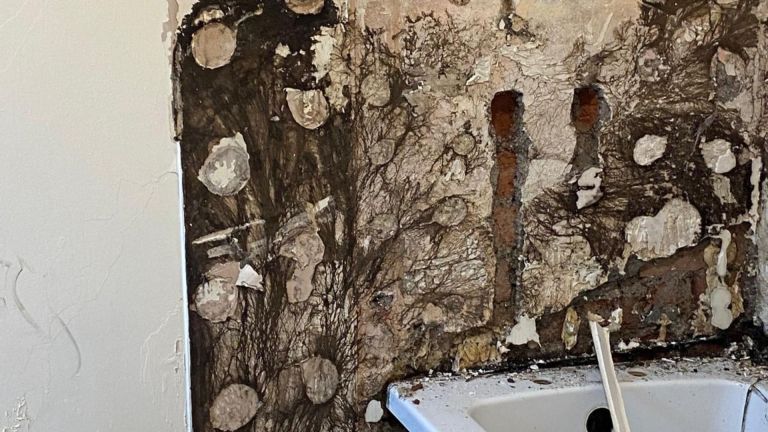The Homelessness Reduction Act came into force on April 1, placing more onus on councils to do more to help rough sleepers.
Enforcing a legal duty on councils to implement housing plans for anyone at risk of becoming homeless within 56 days, the new legislation was met with uncertainty from some areas about whether local authorities even had the funding to deal with their increased demand.
The government pledged a sum of £72.7m over three years to help councils implement the new support across England – a part of its aim to halve rough sleeping by 2022 and eliminate it by 2027.
There is a clear and unambiguous need for local government to put our collective minds to solutions that can be quickly moved to actions, to urgently turn the runaway train of increasing homelessness in this country around
It is unclear how the act has impacted on rough sleeping figures – which have risen by 134 per cent since 2010 and increased by 15 per cent last year to 4,751 – three months down the line.
But think tank the Local Government Information Unit (LGiU) is aiming to measure the act’s impact with its new Homelessness Commission (LGHC), a year-long investigation into how councils can help prevent homelessness.
The Commission, co-chaired by Sevenoaks District Council leader Peter Fleming and Blackpool Council leader Simon Blackburn, is aiming to bring “practical solutions” to councils for getting the best out of the act as well as how they can work together to take action to prevent homelessness.








